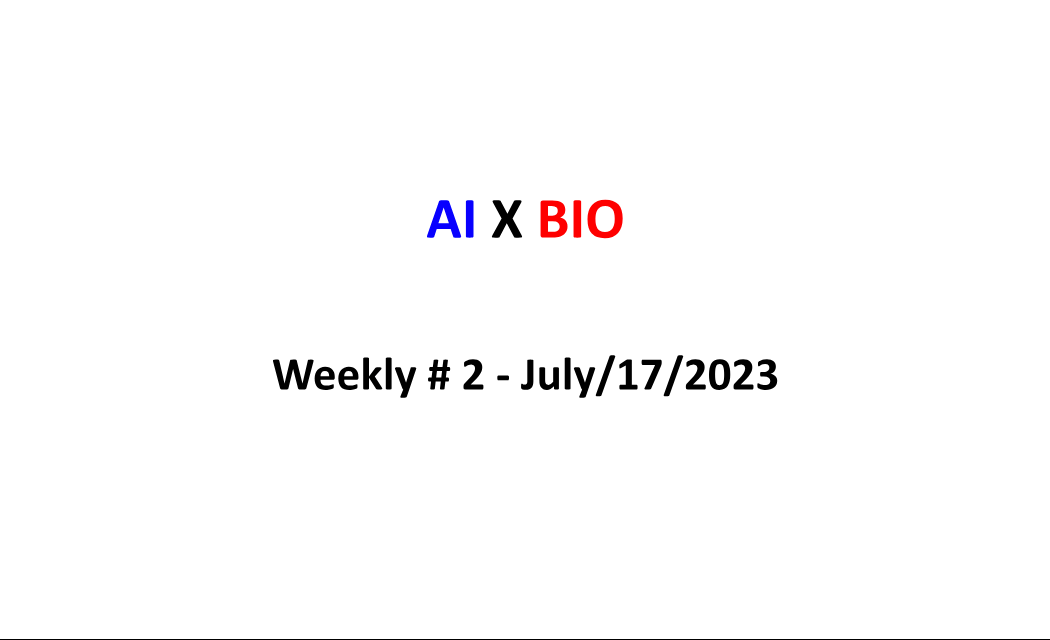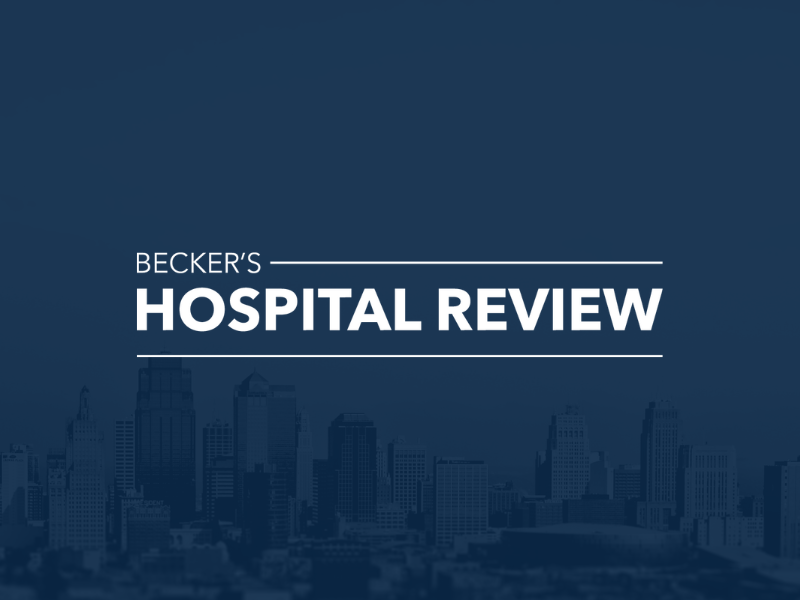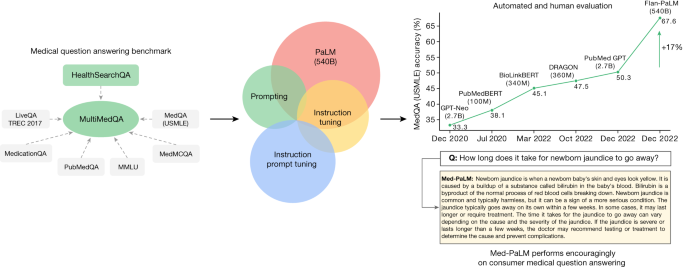- AIXBIO
- Posts
- AIXBIO Weekly #2 - July/17/2023
AIXBIO Weekly #2 - July/17/2023

Featured
The Future of Healthcare: AI, Precision Health, and Collaborative Investments
Partnerships
The healthcare industry is witnessing a transformative shift, with artificial intelligence (AI) and precision health at the forefront. This shift is being propelled by significant collaborations and investments, with companies like Recursion, Nvidia, Cedars-Sinai, and Verily leading the charge.
Recursion, a digital biology company, recently announced a collaboration with Nvidia, a tech giant known for its graphics processing units. Nvidia has invested $50 million into Recursion to train AI models for drug discovery. This partnership aims to leverage Nvidia's AI and computing capabilities to accelerate Recursion's drug discovery process, thereby potentially bringing new treatments to patients faster.
Meanwhile, the Cedars-Sinai Accelerator is welcoming 10 health-tech companies from around the world to its ninth accelerator class. These companies are developing a variety of healthcare solutions, from monitoring devices for sepsis, heart failure, and stroke, to virtual reality video games aimed at helping children manage pain and anxiety during medical procedures. Each company will receive a $100,000 investment from Cedars-Sinai, along with hands-on experience and mentorship from Cedars-Sinai researchers, administrators, and clinicians.
On the other hand, Verily, Google’s life sciences sister company, is doubling down on AI and precision health. Verily distinguishes precision health from precision medicine by defining it as applying data from clinical and nonclinical sources to arrive at the best intervention for a person or community. The company has made key moves over the past year, including receiving a $1-billion investment to fund unspecified business strategies and launching “One Verily,” a restructuring of operations that included eliminating approximately 240 jobs. Verily is now committing itself to "bring the promise of precision health to everyone, every day."
These developments highlight a common theme: the integration of AI and precision health in healthcare. AI is being used to accelerate drug discovery, manage chronic diseases, and even understand the functional changes associated with genetic risk factors. Precision health, on the other hand, is about personalizing care based on a variety of data sources, not just clinical ones.
However, these advancements are not without challenges. The healthcare data often lives in silos, making it difficult to synthesize and use effectively. Companies like Verily are working on unlocking these silos and capturing an individual’s journey throughout not just the healthcare system, but throughout their lives.
Innovation
MIT scientists have developed BioAutoMATED, an automated machine-learning system designed to streamline the process of building machine-learning models for biology research. The open-source platform aims to democratize AI for research labs, reducing the time-consuming and costly process of data preparation and model selection, and making machine learning more accessible for biology research.
AI Regulation: A Tale of Global Efforts and Challenges
Regulation & Ethics
The rapid advancement of artificial intelligence (AI) has sparked global discussions on the need for international governance structures to manage the opportunities and mitigate the risks involved. This article explores the varying perspectives on AI governance from tech giants, international institutions, and academia, highlighting the need for a balanced and collaborative approach.
In a recent development, tech giants Google and IBM have responded to the U.S. government's call for comments on artificial intelligence (AI) and high-performance computing. Tech giants have voiced their support for flexible, risk-based AI regulatory frameworks, such as the National Institutes of Standards and Technology (NIST)’s AI Risk Management Framework.
They oppose the creation of a new single AI “super-regulator,” advocating instead for the federal government to take a more active role in promoting AI innovation and transparency. IBM has urged the administration to adopt a “precision regulation” posture towards AI, establishing rules to govern the technology’s deployment in specific use cases, not the technology itself. Google has reiterated the importance of NIST taking the lead on trustworthy AI policies, standards, and best practices in the U.S., and highlighted the need to reform government acquisition policies to harness the power of AI
DeepMind has published a white paper exploring the need for international governance structures to manage the opportunities and risks of advanced AI. The paper discusses the potential benefits and risks of AI, the need for international and multilateral institutions to advance AI development and deployment protocols, and explores four potential institutional models for global coordination and governance. These models include the Commission on Frontier AI, the Advanced AI Governance Organisation, the Frontier AI Collaborative, and the AI Safety Project. The paper emphasizes the need for further discussion among governments and stakeholders about the role of international institutions in AI governance.
Key Moves & Transitions & investment in AI and Healthcare
Aaron Neinstein, MD, Former vice president of digital health at San Francisco-based UCSF Health, has left the health system to join healthcare artificial intelligence company Notable. He will become chief medical officer at Notable, which uses AI to automate workflows such as scheduling, referrals, authorizations, registration, and intake.
Meanwhile, Alex Gorsky, ex-CEO of J&J, has joined the funding team for Causaly, an AI-based platform that accelerates scientific literature review for drug discovery.
In another significant move, Dr. Robert Redfield, former CDC director, has joined the Scientific Advisory Board of BPGbio, an AI-powered biopharma company focusing on oncology, neurology, and rare diseases.
Lastly, Kim Branson, SVP & Global Head of AI/ML at GSK, has joined the Board of Directors of Enveda Biosciences, a company that uses AI to unlock nature's chemistry for modern discovery workflows.
Today we welcome Kim Branson, SVP & Global Head of AI/ML at GSK to our Board of Directors. A leader in the application of AI to drug disc & dev, Kim will bolster our leading position at the interface of ML and biotech as we unlock Nature’s chemistry for modern discovery workflows https://
— Enveda Biosciences (@envedabio)
4:01 PM • Jul 13, 2023
The recent transitions of key figures to AI-focused roles in healthcare and biopharma sectors underscore the growing influence of AI in these fields. These individuals bring their expertise and leadership to companies that are leveraging AI to revolutionize processes, from automating healthcare workflows to accelerating drug discovery. As these leaders embark on their new roles, the future of AI in healthcare and biopharma looks promising, with potential advancements that could significantly enhance patient care and treatment discovery.
AccurKardia, a medical AI software company specializing in clinical-grade ECG interpretation software, has successfully completed its seed funding round, raising $2.7 million. The funding round included contributions from the Popular Impact Fund and other private investors.
Research
Large language models encode clinical knowledge (Nature)
The article discusses the development and evaluation of Med-PaLM, a large language model (LLM) for medicine. Med-Palm has shown promise in several medical question-answering tasks, demonstrating the potential of these models in the medical field. However, the article also highlights the need for careful development and evaluation of these models due to the safety-critical nature of the medical domain. Despite the promising results, the authors emphasize that further evaluations are necessary, particularly in terms of safety, equity, and bias.
Med-Palm a product designed to assist the medical industry, is not yet ready for patient use. The AI tool, which was intended to help doctors with diagnoses and treatment plans, has been found to make errors in its recommendations. Google has acknowledged these issues and is working on improvements. However, the company has not provided a timeline for when the tool will be ready for widespread use.









